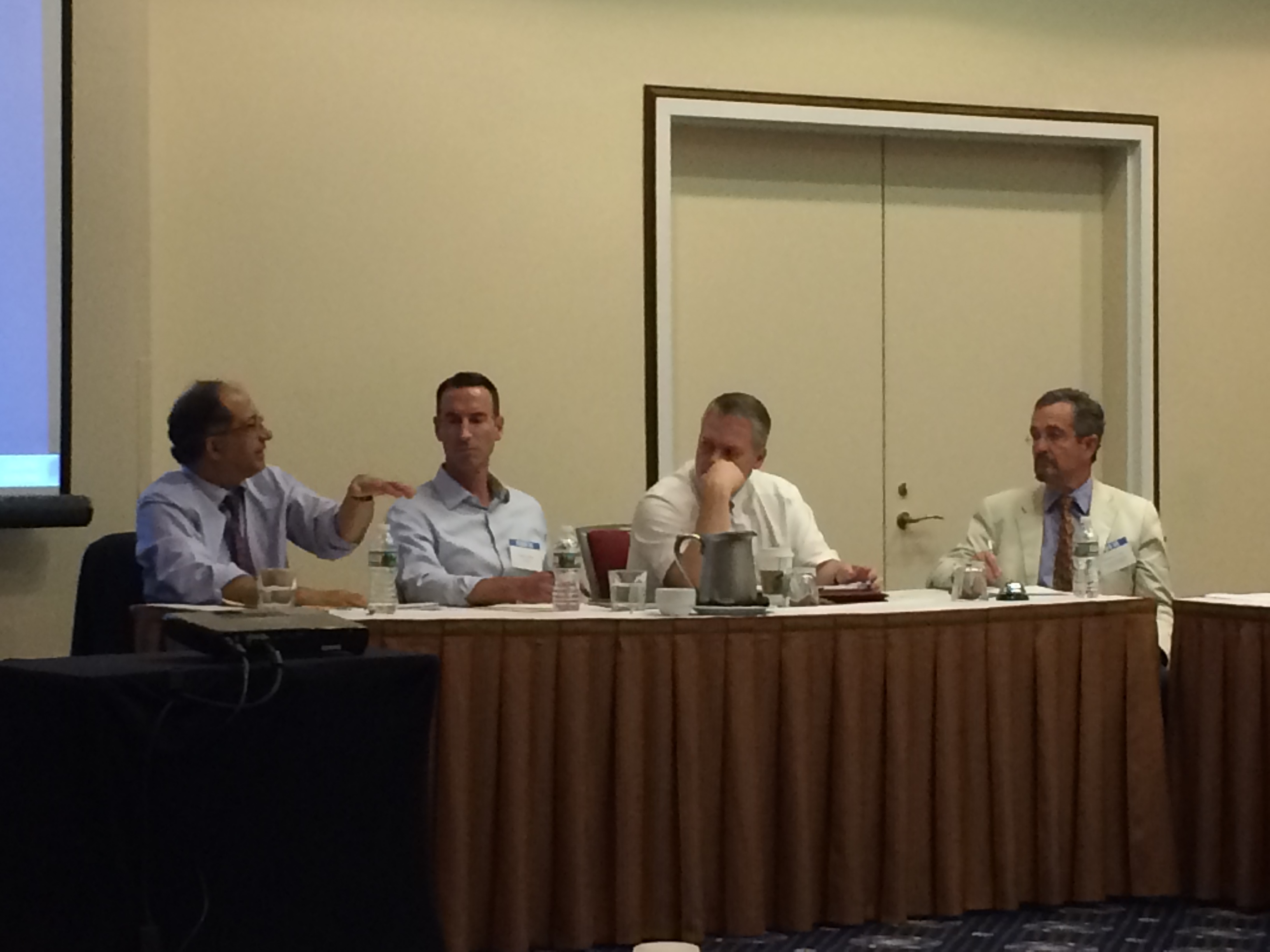Jeong Hyun Lee is a Strategic Outreach and Communications Intern with the Economics that Really Matters Blog.
Following the National Bureau of Economic Research and the Feed the Future Innovation Lab for Assets and Market Access workshop on The Economics of Asset Dynamics and Poverty Traps, Sophie Javers of the UC-Davis Feed the Future Innovation Lab interviewed several workshop participants, in particular several members of the Policy Implications Roundtable that closed the conference, and produced the videos that are available and summarized below.

Follow up Interviews
Kaushik Basu, Chief Economist of the World Bank, points out that workshop discussed research and ideas that are crucial to the eradication poverty and, in particular, to the World Bank’s goal of ending poverty by 2030. Two workshop themes–the interface between finance and poverty traps and the connection between human psychology, like despair and hope, and poverty—are particularly relevant to the policy work of the World Bank and both merit further analysis. For the future, he urges researchers to also turn their attentions to the connection between microeconomic interventions and macroeconomic variables such as inflation and fiscal deficits.
Makhtar Diop, Vice President for the Africa Region at the World Bank, emphasizes that it is important to identify the factors that keep people in poverty. He points out that interventions in sectors that offer the greatest impact on growth and on poverty should be prioritized and identifies agriculture as one such sector. He also expresses interest in multifaceted interventions, such as conditional cash transfers, to help people move out of poverty traps, remarking that such interventions account for the complexities and complementarities that are needed for best outcomes. For the future, he urges policy makers to invest in the next generation, to focus on enhancing the capacities and endowments that will allow individuals to move out of poverty.
Greg Collins, Director of the USAID Center for Resilience, has observed a shift in the discussion about resilience at USAID and elsewhere from a discussion about pastoralists in Africa to a broader discussion about adapting to shocks, to an even broader discussion about ending extreme poverty. The challenge, he mentions, is to understand the capacities and abilities that allow people to escape and stay out of poverty. There is no single policy prescription for addressing poverty but rather a need for donor and host country engagement around the complexity of poverty dynamics. Thus, he calls for collaboration between the donors and host country governments around policy making. He defines the donors’ role as aligning behind country led efforts that ensure that populations repeatedly subjected to large-scale crises or humanitarian emergencies have pathways out of poverty. In the future, he hopes to see more empirical evidence used by governments to inform their decision-making.


Was the Policy Implications Roundtable so named to avoid being referred to as a #manel? #AllMalePanels